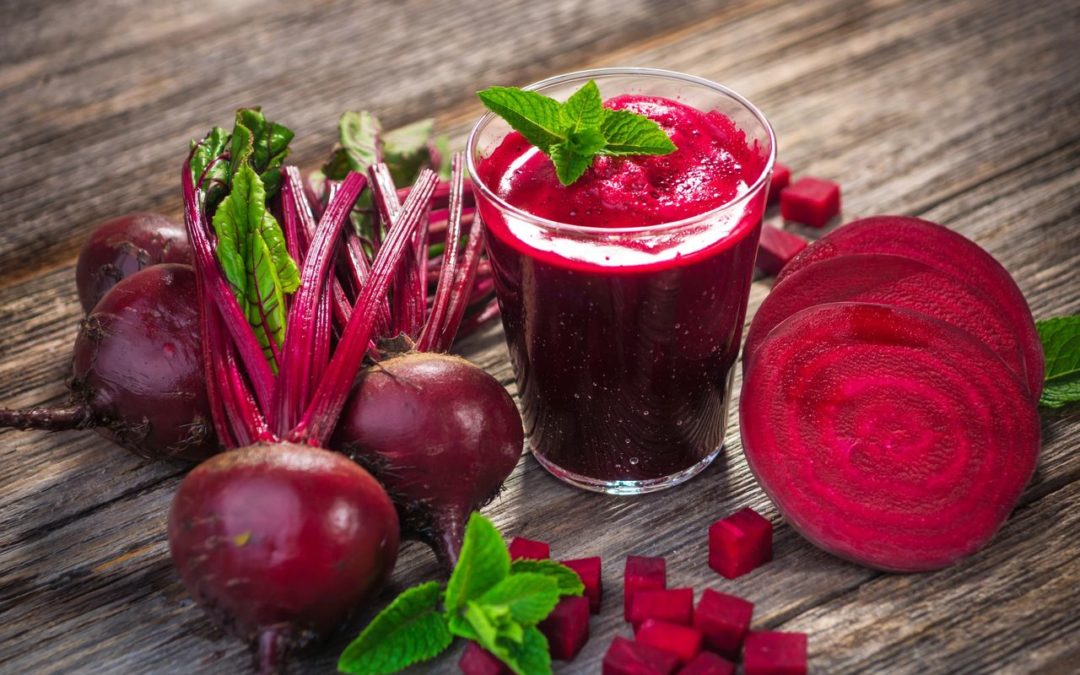How does Nitric Oxide contribute to heart health, and 5 Ways To Increase Nitric Oxide levels!
Nitric oxide is a major key to heart health. It expands blood vessels, increases blood flow and keeps blood pressure normal. Nobel prizes have been awarded for its discovery and it has been designated as a “molecule of the year.” (1)
A major pathway for its production uses L arginine and an enzyme called eNOS.
To optimize this biochemical pathway, eight or so other “cofactors” are required. So getting enough L arginine won’t help as much if the other ingredients of this recipe are deficient.
These include folic acid and some others, all of which we can get from eating real whole foods.
6 SIMPLE WAYS TO INCREASE NITRIC OXIDE:
- Eat beet root, arugula, spinach, radishes, carrots and greens.
- Eat dark chocolate. Who said healthy foods aren’t the most enjoyable to eat??
- Maintain an optimal vitamin D3 level. We feel taking supplemental vitamin D3 is safer than a lot of sun exposure because of the risk of skin cancer.
- Drink pomegranate juice. We can reduce artery blockage to a degree with this. DRILL DOWN
- Take grape seed extract. This is concentrated enough to give a meaningful increase in nitric oxide. It also helps maintain the optimal testosterone levels needed by both men and women.
- Eat omega 3’s. Small fatty fish, nuts, seeds and olive oil all help. A fish oil or EPA/DHA supplement. Fish oil, krill oil and particular algae are convenient sources.
1.https://science.sciencemag.org/content/258/5090/1861.long
DRILL DOWN
Pomegranate is an excellent way to increase nitric oxide. It has other beneficial effects on heart health as well.
Pomegranate juice consumption for 3 years by patients with carotid artery stenosis reduces common carotid intima-media thickness, blood pressure and LDL oxidation https://www.ncbi.nlm.nih.gov/pubmed/15158307
Pomegranate is an excellent way to increase nitric oxide. It has other beneficial effects on heart health as well. Pomegranate juice consumption for 3 years by patients with carotid artery stenosis reduces common carotid intima-media thickness, blood pressure and LDL oxidation.

